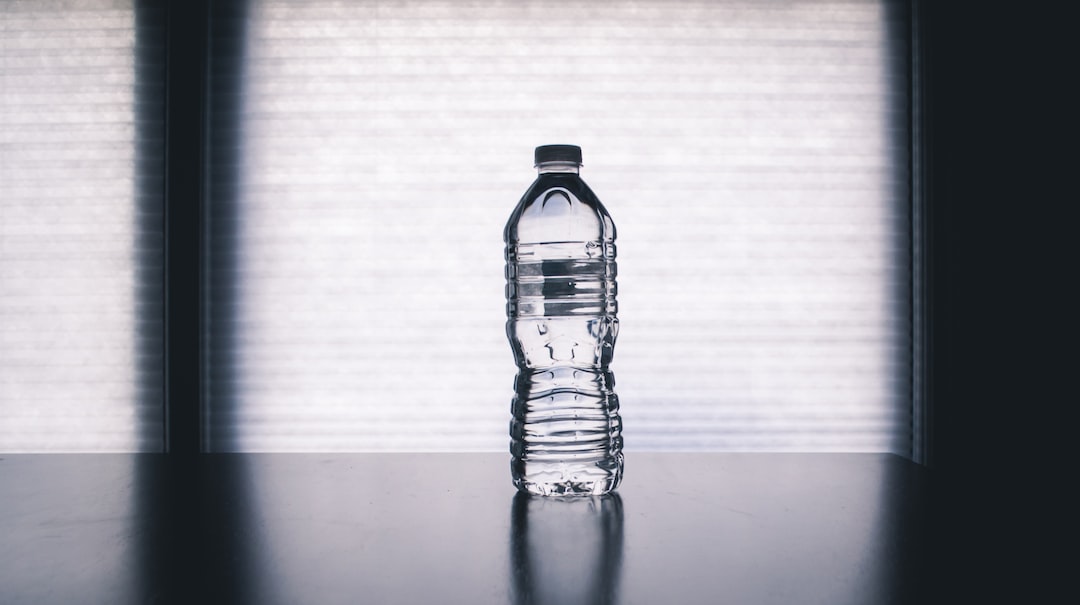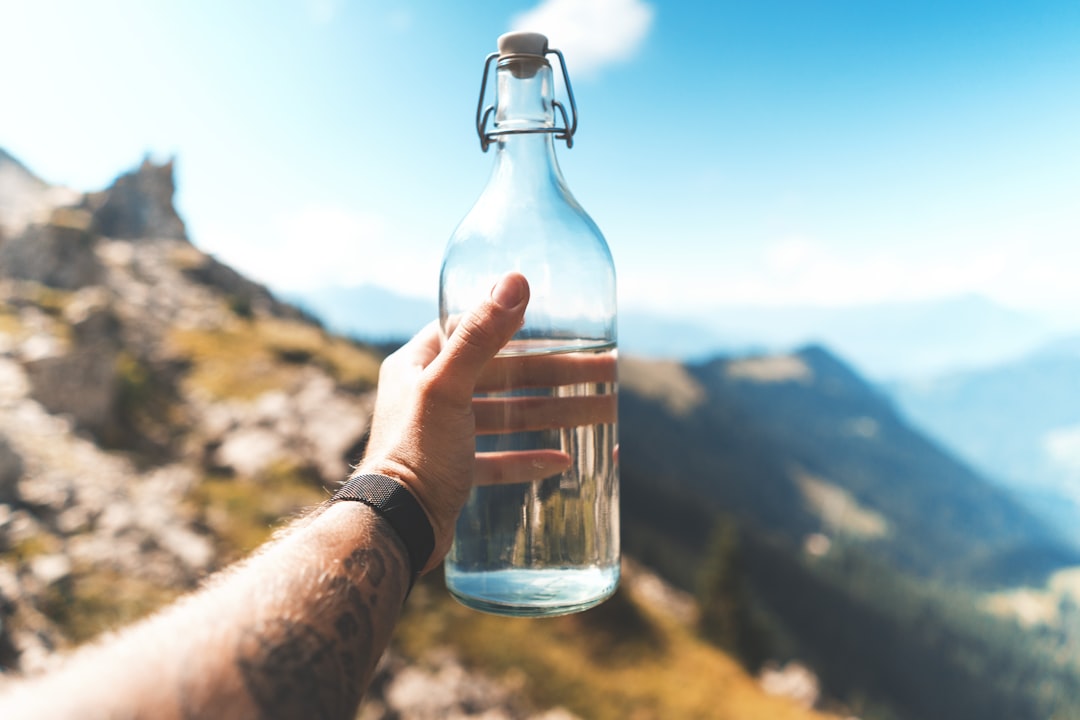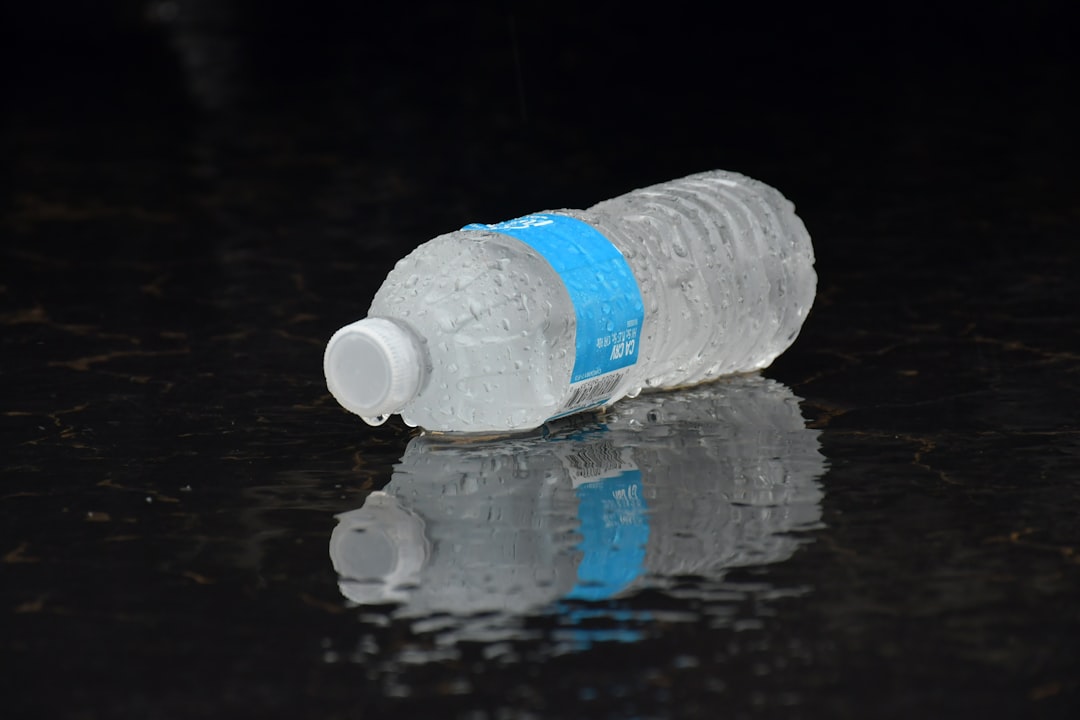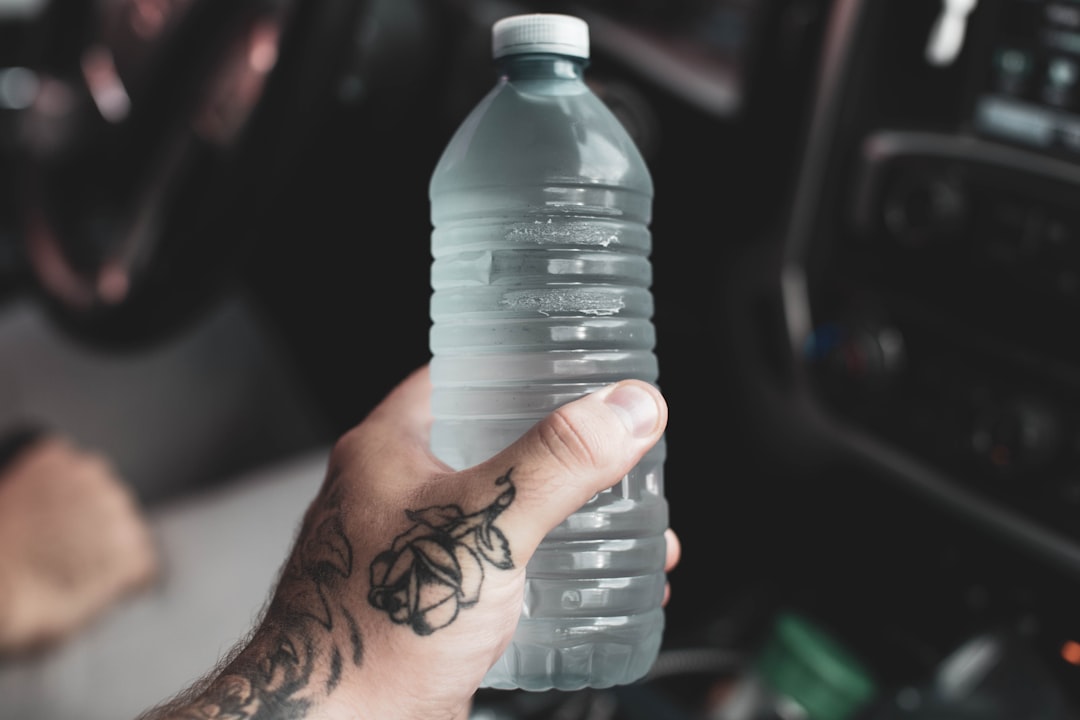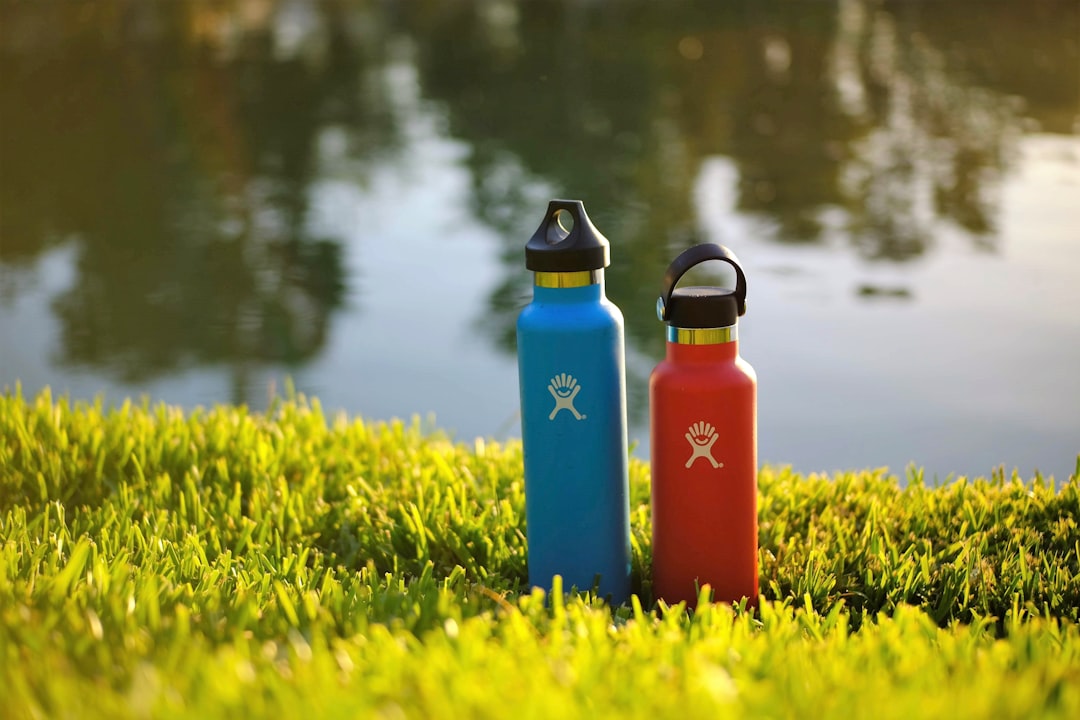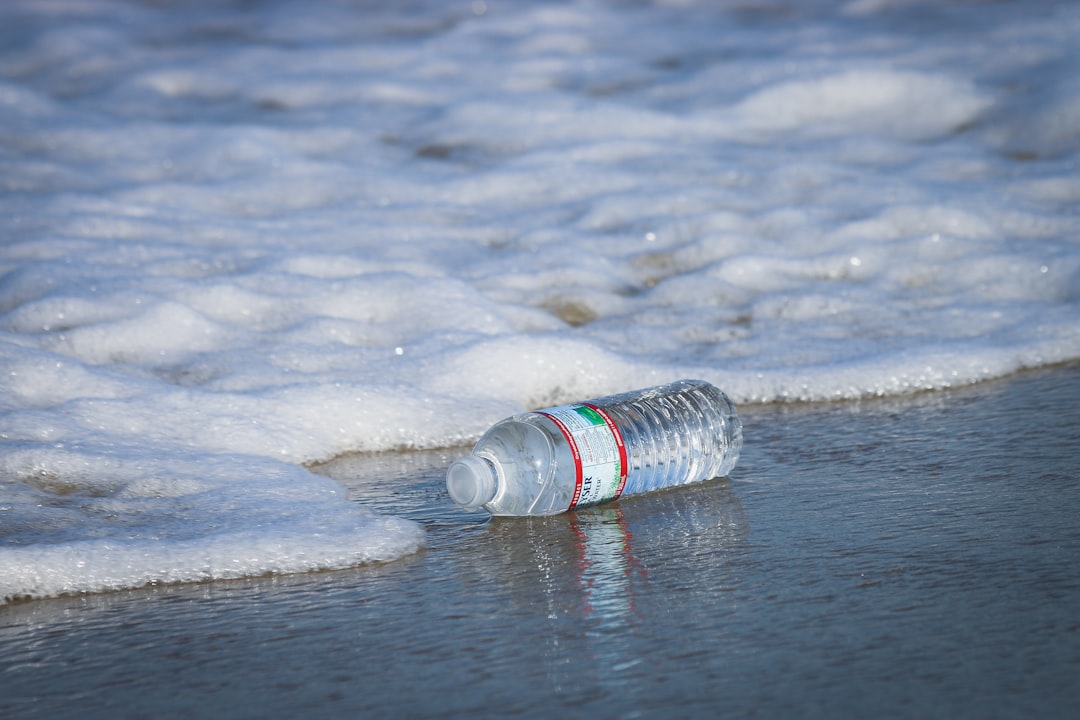Staying hydrated is crucial for maintaining good health and wellbeing. Our bodies need water to function properly, and when we do not drink enough water, we can experience a wide range of symptoms, including fatigue, headaches, and dizziness. Not only that, but chronic dehydration can lead to more serious health problems, such as kidney damage and urinary tract infections.
Drinking water is especially important during the summer months when the weather is hot and dry. The risk of dehydration increases when we are exposed to high temperatures for long periods of time. While it is important to stay hydrated year-round, it is especially vital during the summer months.
So, what can we do to stay hydrated? In this blog post, we will be exploring seven practical tips for ensuring that you drink enough water every day. From carrying a water bottle with you everywhere to tracking your water intake, we will be covering everything you need to know to stay hydrated and healthy.
Carry a water bottle with you everywhere
When it comes to staying hydrated, carrying a water bottle with you at all times is one of the easiest and most effective strategies. It’s convenient, cost-effective, and encourages you to drink water regularly throughout the day.
Investing in a good quality water bottle that you love and enjoy using can make a significant difference in your water consumption. With a portable water bottle, you’ll always have water at your fingertips whether you’re at work, school, the gym, or running errands.
It’s important to note that not all water bottles are created equal. Ideally, you want a water bottle that’s durable, easy to clean, and leak-proof. A glass or stainless steel water bottle would be your best bet, as these materials are safe, reusable, and won’t affect the taste of your water.
Another perk of carrying a water bottle with you is that it helps reduce your reliance on single-use plastic water bottles. By choosing to refill your own bottle throughout the day, you’re helping to reduce plastic waste and do your part for the environment.
Overall, carrying a water bottle is a simple yet effective way to stay hydrated and promote healthy habits. It’s a small investment that can have a big impact on your health and the environment.
Investing in a good quality water bottle that you love and enjoy using can make a significant difference in your water consumption.
Set a reminder to drink water regularly
Staying hydrated is vital for good health, but with our busy schedules, it’s easy to forget to drink enough water throughout the day. One way to stay on track is to set reminders to drink water regularly.
There are many ways to set reminders, from using an app on your smartphone to setting alarms on your watch or computer. You can even use a physical reminder, such as tying a string around your finger or using a sticky note on your desk.
Another option is to use a water bottle with time markers. These bottles have measurements marked on them, indicating how much water you should drink by a certain time of the day. This not only helps you stay hydrated but also helps you track how much water you have consumed.
Another tip is to drink a glass of water before each meal. This not only helps you stay hydrated but also helps you eat smaller portions, as water can help fill you up.
Remember, dehydration can lead to headaches, fatigue, and other health problems, so it’s essential to make drinking water a habit. By setting reminders and making it part of your routine, you can ensure that you are getting the hydration your body needs to function properly.
Incorporating these simple tips into your daily routine can go a long way in helping you stay hydrated and healthy. So, set those reminders, grab your water bottle, and drink up! Your body will thank you.
Incorporating these simple tips into your daily routine can go a long way in helping you stay hydrated and healthy.
Incorporate hydrating foods into your diet
Staying hydrated isn’t just about drinking more water, it’s also about incorporating the right foods into your daily diet. Choosing foods that have high water content can help keep you hydrated throughout the day, and even provide extra health benefits.
One great example of a hydrating food is watermelon, which is made up of about 92% water. Not only is it delicious and refreshing, but it’s also loaded with essential vitamins and nutrients like Vitamin A, Vitamin C, and potassium.
Cucumbers are another great hydrating food, as they’re made up of about 96% water. This delicious vegetable is also low in calories and high in fiber, making it a great snack to help you feel full and satisfied.
Other hydrating foods that you can easily incorporate into your daily diet include strawberries, celery, lettuce, and bell peppers. Try adding these foods to your meals and snacks throughout the day, and you’ll be sure to feel more hydrated and energized.
In addition to incorporating hydrating foods into your diet, it’s also important to be mindful of foods that can dehydrate you. Processed foods, high-sodium snacks, and caffeine can all cause dehydration and should be consumed in moderation.
By incorporating hydrating foods into your diet, you’ll not only feel more hydrated, but you’ll also be consuming essential vitamins and minerals that your body needs to function properly. So next time you’re feeling thirsty, reach for a hydrating snack instead of just plain water.
Processed foods, high-sodium snacks, and caffeine can all cause dehydration and should be consumed in moderation.
Drink Water before and after Physical Activity
When we exercise or engage in any form of physical activity, our body sweats out the water, which leads to dehydration. Drinking water before and after physical activity helps to replenish the water that the body has lost.
It’s important to drink water before starting any exercise because it ensures that the body is fully hydrated and ready for the activity. Drinking water before starting your activity not only prevents dehydration, but also helps to regulate your body temperature and lubricate your joints, which reduces the risk of injury.
After physical activity, it’s important to drink water to help your body recover. Any strenuous activity causes the body to lose water, so replenishing water levels post-workout is essential. Drinking water also aids in muscle recovery, eliminates toxins from the body, and helps to transport nutrients to the cells.
It’s best to drink water in small, frequent sips during physical activity, especially if it’s a long activity. Also, a good rule of thumb is to drink at least 8 ounces of water immediately after exercise to help your body recover quickly.
In addition to drinking water before and after exercise, it’s also important to drink water during your activity to ensure your body is hydrated. When we are dehydrated, our muscles get fatigued quickly and cause cramps, which can hinder our ability to exercise.
Drinking water before and after physical activity is crucial. It helps to prevent dehydration, regulate body temperature and lubricate joints. It can also aid in muscle recovery, toxin elimination, and nutrient transportation. So, the next time you engage in any physical activity, remember to bring a water bottle with you and drink it before, during, and after the activity.
In addition to drinking water before and after exercise, it’s also important to drink water during your activity to ensure your body is hydrated.
6. Opt for caffeine-free and alcohol-free beverages
While it’s true that certain beverages can contain water, not all drinks are created equal when it comes to hydration. Caffeine and alcohol can actually dehydrate your body, making it even more important to opt for caffeine-free and alcohol-free options.
What’s so bad about caffeine and alcohol? Well, caffeine is a natural diuretic, which means it can cause you to lose more water through urine than you’re taking in. And while alcohol may make you feel more hydrated initially, it actually inhibits the release of a hormone called vasopressin, which tells your kidneys to hold onto water. This can lead to increased urination and dehydration.
So, what are some good alternatives? Herbal teas and water-based drinks like coconut water are great options for staying hydrated without the dehydrating effects of caffeine and alcohol. And don’t forget about good old-fashioned water – it’s always the most reliable choice!
By choosing caffeine-free and alcohol-free beverages, you’ll be doing your body a favor in terms of hydration. Plus, you might even find it easier to fall asleep or feel more energized throughout the day without caffeine and alcohol interfering with your hydration levels. Try it out for yourself and see how you feel!
Remember to always prioritize hydration, no matter what you’re consuming. And don’t forget to track your water intake to make staying hydrated a habit – we’ll cover that in our next chunk!
And don’t forget to track your water intake to make staying hydrated a habit – we’ll cover that in our next chunk!
Track your water intake and make it a habit
Keeping track of your water intake is essential to staying hydrated. It’s a simple but effective way to ensure that you are getting enough fluids throughout the day. There are several ways to track your water intake, and they all involve monitoring the amount of water you drink.
One effective method is to use an app on your smartphone or other mobile device. These apps allow you to input the amount of water you drink, and they can also send you reminders to drink water throughout the day. Some apps even track your progress over time, so you can see how much you’ve improved.
Another way to track your water intake is to use a journal or planner. You can keep track of the amount of water you drink each day and note any changes in your habits. This method is simple but effective and can help you stay on track with your hydration goals.
Making hydration a habit is key to staying hydrated. It’s important to make drinking water second nature so that you don’t have to think about it. This means incorporating it into your daily routine, such as drinking a glass of water first thing in the morning or carrying a water bottle with you wherever you go.
When you make hydration a habit, you’ll notice several benefits. Your body will function better, your skin will be clearer, and you’ll have more energy throughout the day. You’ll also be less likely to experience headaches and other symptoms of dehydration.
In conclusion, tracking your water intake and making it a habit are crucial steps to staying hydrated. By incorporating these practices into your daily routine, you’ll reap the benefits of better health and increased energy. So don’t neglect hydration – make it a priority every day!
